Relationships are one of life’s greatest gifts, providing us with love, support, and a sense of belonging. Yet, not every relationship is healthy. Some relationships can drain your energy, your happiness, and even your mental health. Recognizing the signs of a toxic relationship is crucial for your well-being and knowing when it’s time to seek help can be life-changing. At Resilience Behavioral Health in Atlanta, we specialize in helping individuals navigate these challenging times, offering comprehensive mental health treatment programs to guide you back to a healthier you.
Signs of a Toxic Relationship
1. Constant Negativity
If your relationship is a constant source of stress, frustration, or sadness rather than joy and support, it may be toxic. A partner who perpetually criticizes, insults, or belittles you can undermine your self-esteem and overall mental health. Consistent negativity has no place in a healthy relationship.
2. Emotional Manipulation
Toxic relationships often involve manipulation or emotional abuse. This can include mind games, guilt-tripping, gaslighting (making you doubt your own reality), and other tactics aimed at controlling or dominating you. These behaviors are a clear red flag that your relationship may be harmful.
3. Lack of Support
Healthy relationships are built on mutual support and encouragement. If your partner dismisses your feelings, dreams, or successes, it can stifle your growth and happiness. Feeling unsupported or abandoned by the person who is supposed to be your biggest champion is a major sign of toxicity.
4. Jealousy and Control
A little jealousy may be natural in relationships, but excessive jealousy or controlling behaviors are red flags. If your partner constantly checks up on you, restricts your activities, or accuses you of infidelity without cause, these are signs of an unhealthy relationship dynamic.
5. Isolation
Toxic partners often try to isolate you from friends and family. They may become angry or upset if you spend time with others, creating a sense of dependency on them. This isolation can lead to a loss of social support, making it harder to recognize and escape the toxic relationship.
6. Conditional Love
In a toxic relationship, love and affection may be given based on conditions, such as behaving a certain way or meeting unreasonable demands. True love is unconditional and should not come with strings attached.
7. Physical or Verbal Abuse
Physical, verbal, or emotional abuse of any kind is a definitive sign of a toxic relationship. Abuse is about power and control, and it is never acceptable under any circumstances. Your safety and well-being must always come first.
The Impact on Mental Health
Being in a toxic relationship can lead to significant mental health issues. Chronic stress, anxiety, depression, low self-esteem, and even PTSD are common consequences. The emotional toll can be overwhelming, making it difficult to see a way out. This is where we come in.
At Resilience Behavioral Health, we understand the profound impact toxic relationships can have on your mental health. Our specialized treatment programs in Atlanta are designed to help you rebuild your strength and resilience. We provide therapy, counseling, and support tailored to your unique situation.
Taking Action
1. Acknowledge the Problem
The first step in addressing a toxic relationship is acknowledging that there is a problem. Denial can keep you trapped in an unhealthy cycle. Recognizing the toxic patterns allows you to take control and seek help.
2. Reach Out for Support
Talk to friends, family, or a trusted mental health professional about your concerns. Getting an outside perspective can help you see the situation more clearly. At Resilience Behavioral Health, we offer compassionate and confidential support to help you navigate these challenging times.
3. Set Boundaries
Establishing and maintaining boundaries is critical in dealing with a toxic partner. Clearly communicate your limits and stick to them. Boundaries protect your mental and emotional well-being and can help you reclaim your sense of self.
4. Consider Therapy
Therapy is a powerful tool for understanding and healing from toxic relationships. Individual therapy can help you work through your feelings, build resilience, and develop strategies for moving forward. Couples therapy might also be an option if both partners are committed to change.
5. Make a Decision
Ultimately, you may need to decide whether to stay in the relationship or move on. This can be incredibly difficult, but your health and happiness must be prioritized. Remember, a healthy relationship should uplift you, not bring you down.
How Resilience Behavioral Health Can Help
At Resilience Behavioral Health, we are dedicated to supporting individuals coping with the effects of toxic relationships. Our mental health treatment program in Atlanta offers a range of services, including:
- Individual Therapy: Our licensed therapists provide personalized care to help you understand and overcome the effects of a toxic relationship.
- Support Groups: Connecting with others who have similar experiences can provide invaluable support and encouragement.
- Educational Programs: Learn about the dynamics of toxic relationships and acquire tools for healthy interpersonal connections.
- Couples Therapy: If both partners are committed to change, couples therapy can address harmful patterns and foster healthier communication and behaviors.
Our approach is holistic and client-centered, ensuring that you receive the comprehensive care you need to heal and thrive.
Take the First Step Towards Mental Health Treatment in Atlanta
If you recognize the signs of a toxic relationship in your life, remember that you don’t have to face it alone. At Resilience Behavioral Health in Atlanta, we are here to help you rediscover your strength, resilience, and happiness.
Reach out to us today to learn more about our mental health treatment program and begin your journey to a healthier, happier you. Call to schedule a confidential consultation with one of our compassionate professionals. Your well-being matters, and we are here to support you every step of the way.
In our care, you will find hope, healing, and the empowerment to create the life you deserve.



